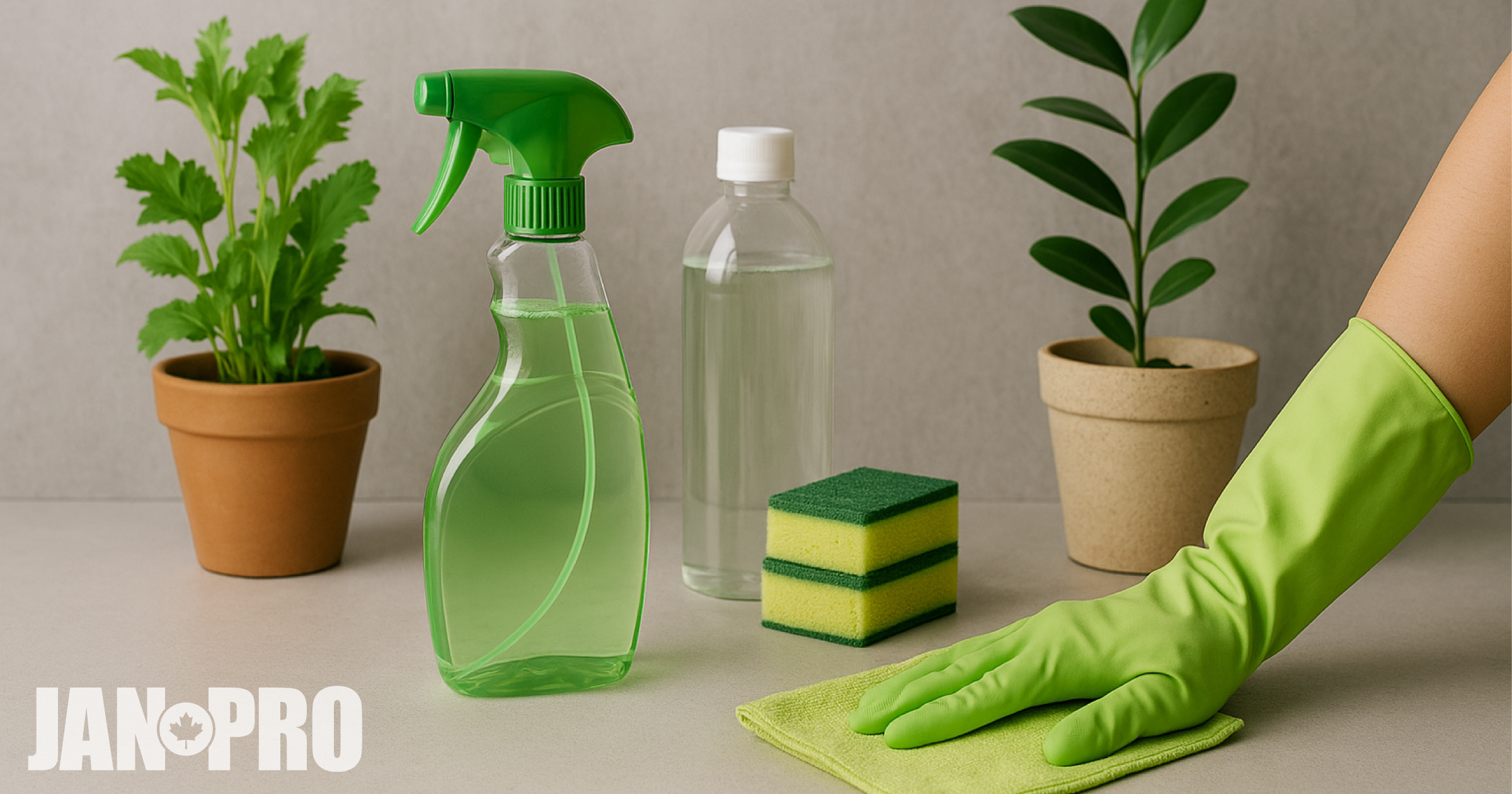Commercial Cleaning and Its Role in Corporate Sustainability Initiatives

In today’s business environment, sustainability is no longer a buzzword—it is a strategic priority. Corporations across all industries are seeking ways to reduce their environmental footprint while maintaining operational efficiency and workplace hygiene. One often overlooked avenue to support these sustainability goals is commercial cleaning. By integrating eco-conscious cleaning practices, businesses can make meaningful contributions to environmental protection, employee well-being, and corporate social responsibility.
The Environmental Impact of Traditional Cleaning
Traditional cleaning products and methods, while effective in sanitation, often come with environmental and health drawbacks. Many contain volatile organic compounds (VOCs), phosphates, and non-biodegradable chemicals that contribute to indoor air pollution and waterway contamination.
Given these impacts, businesses that continue using conventional cleaning practices may inadvertently undermine their sustainability pledges.
Green Cleaning: A Smart, Sustainable Alternative
Green cleaning refers to the use of environmentally friendly products and methods that prioritize human health and reduce ecological harm. This involves:
- Using biodegradable, non-toxic, and low-VOC (volatile organic compound) cleaning products
- Implementing water- and energy-efficient cleaning technologies
- Utilizing reusable and recyclable cleaning tools and supplies
- Training staff on eco-conscious cleaning techniques
These practices help maintain clean, healthy workspaces without compromising the health of employees or the environment.
Aligning Cleaning with Corporate Sustainability Goals
Adopting green cleaning strategies can directly support a range of corporate sustainability objectives:
1. Reducing Carbon Footprint
Energy-efficient equipment, such as HEPA-filter vacuums or low-water scrubbers, decreases energy and water consumption. This translates into lower greenhouse gas emissions and operational costs.
2. Improving Indoor Air Quality
Low-VOC products and HEPA filtration help improve indoor air quality, which has a direct impact on employee health, productivity, and satisfaction—key components of sustainable business practices.
3. Sustainable Procurement
Choosing certified green cleaning suppliers (e.g., Green Seal, EcoLogo, or EPA Safer Choice products) supports broader responsible sourcing goals and encourages eco-conscious supply chains.
4. Waste Minimization
Reusable microfiber cloths and bulk dispensing systems reduce single-use plastics and packaging waste. Recycling programs for cleaning supplies further enhance waste reduction initiatives.
5. Compliance and Reporting
Green cleaning can support ESG (Environmental, Social, and Governance) reporting metrics, LEED certification, and other green building standards, helping companies meet regulatory and stakeholder expectations.
Partnering with Environmentally Responsible Cleaning Services
Working with a commercial cleaning provider that prioritizes sustainability is crucial. Look for companies that:
- Use certified green products and equipment.
- Provide detailed sustainability policies and training programs.
- Offer flexible, customized cleaning schedules to reduce unnecessary resource use.
- Support initiatives like zero-waste goals or carbon offset programs.
Such partnerships reinforce your organization’s sustainability narrative and demonstrate a commitment to continuous environmental improvement.
Corporate sustainability is about making conscious choices at every operational level—and commercial cleaning is no exception. By transitioning to green cleaning products and methods, businesses can protect the planet, enhance workplace wellness, and solidify their reputation as responsible corporate citizens.
Adopting sustainable cleaning practices is not just about checking boxes—it is about aligning values with action and fostering a culture of environmental responsibility that benefits everyone.
